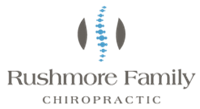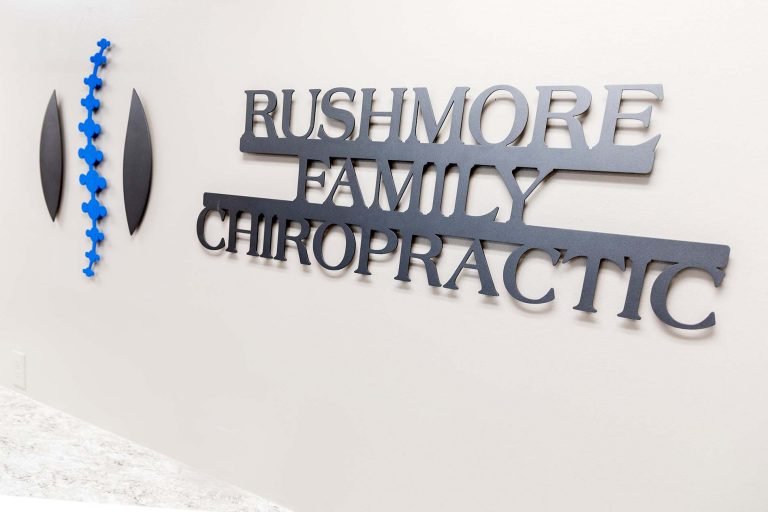In this blog, we’re tackling a sensitive subject – the topic of Recovery. Many Americans will face a recovery during their lifetime. It may be recovering from past traumas, such as abuse or dangers they faced while serving overseas. It could be from long-term illness or an injury, like a car accident. It could also be recovery from addictions.
Patients in recovery will have special needs that may require a coalition of medical and health experts. That coalition should be holistic – helping the patient find recovery in body, mind and spirit. Thankfully, there are many practitioners throughout our region that can help patients in recovery and that includes your chiropractor.
Up to 75% of patients dealing with addiction may have survived abuse or violent trauma, sources show. But many of those patients (up to 33%) might not report those abuses – more women report their past traumas when seeking help for addictions, than men. For those diagnosed with PTSD (post-traumatic stress disorder) they are also at risk of developing alcohol abuse or other addictive behaviors.
It’s important to note how the brain (the OS or operating system for your central nervous system) interacts with issues of trauma. The amygdala (the threat detection center of the brain) may go on overdrive for patients in recovery – making them feel extra anxious or fearful. The hippocampus (the memory processing center) often goes underactive for these patients – putting certain memories on a continuous loop. This causes the patient to ‘relive’ their traumas. And the cortex (the executive center of the brain) which should control your logical thinking, is overruled by the flight-or-fight survival mode. This diminishes cognitive processing, making it harder for the patients to make healthy choices during their recovery. Even when you try to refrain from addictive behavior, you may feel an unstoppable urge to continue it.
This is why chiropractic care should be part of any recovery patient’s care. When the spine is out of alignment, the proper function of neurotransmitters (to those three areas of the brain) may be interrupted. But once corrected, the correct flow of transmitting information is restored. This may actually help diminish cravings and help the patient feel calmer.
Many addiction and trauma specialists recognize chiropractic care as an excellent supplement to traditional in-patient or out-patient programs. And with the significant numbers of Americans now facing recovery (from addictions, trauma or illness/injury), many will find that this holistic approach not only helps them get through their recovery successfully but helps them create a more meaningful wellness path forward, post-recovery. While chiropractic adjustments are not, by themselves, treatment for drug or alcohol problems, they are viewed as a strong compliment to other programs by the vast majority of medical recovery specialists. Chiropractic care is also an excellent recovery tool for those who have recently had major surgery.
So, if you or a loved one is facing recovery, please consult with your family chiropractor. We can be part of your team both during and after your recovery.









